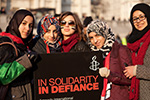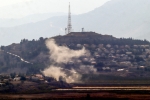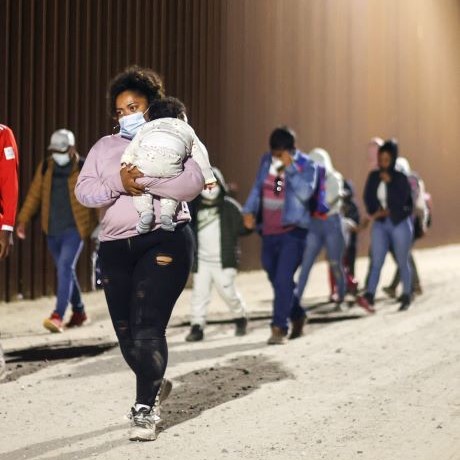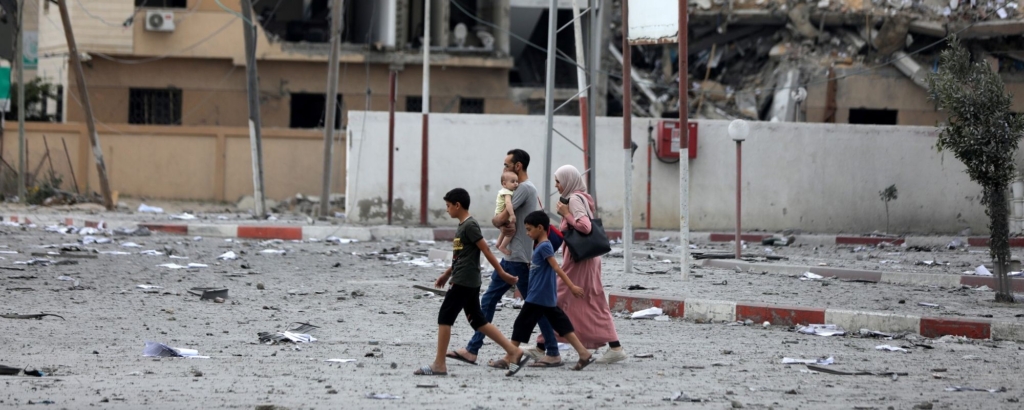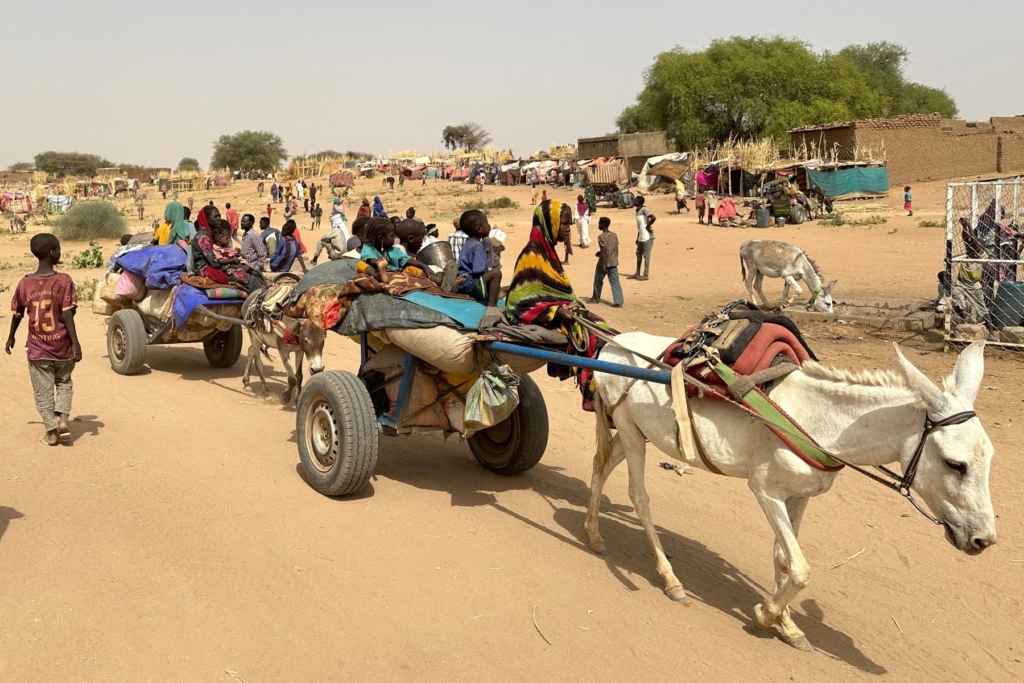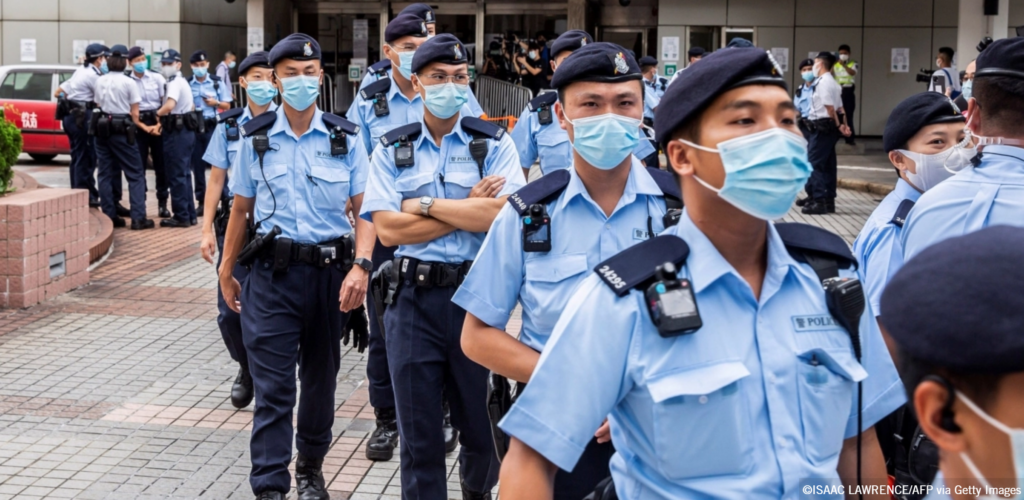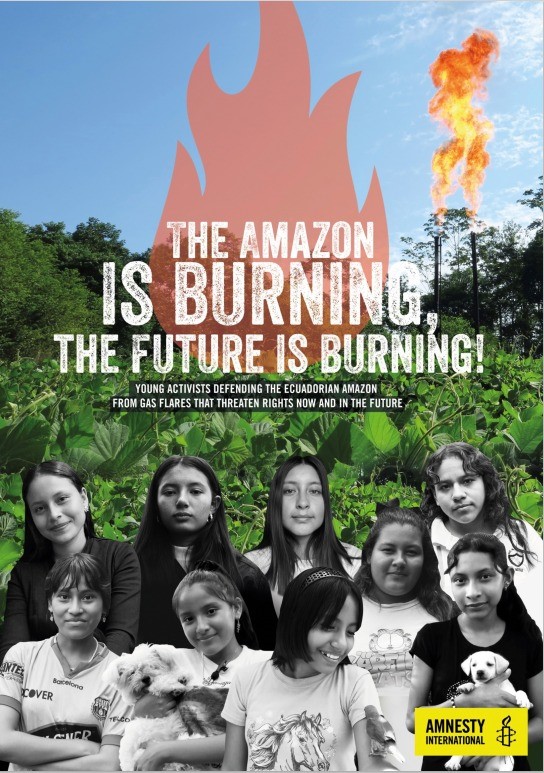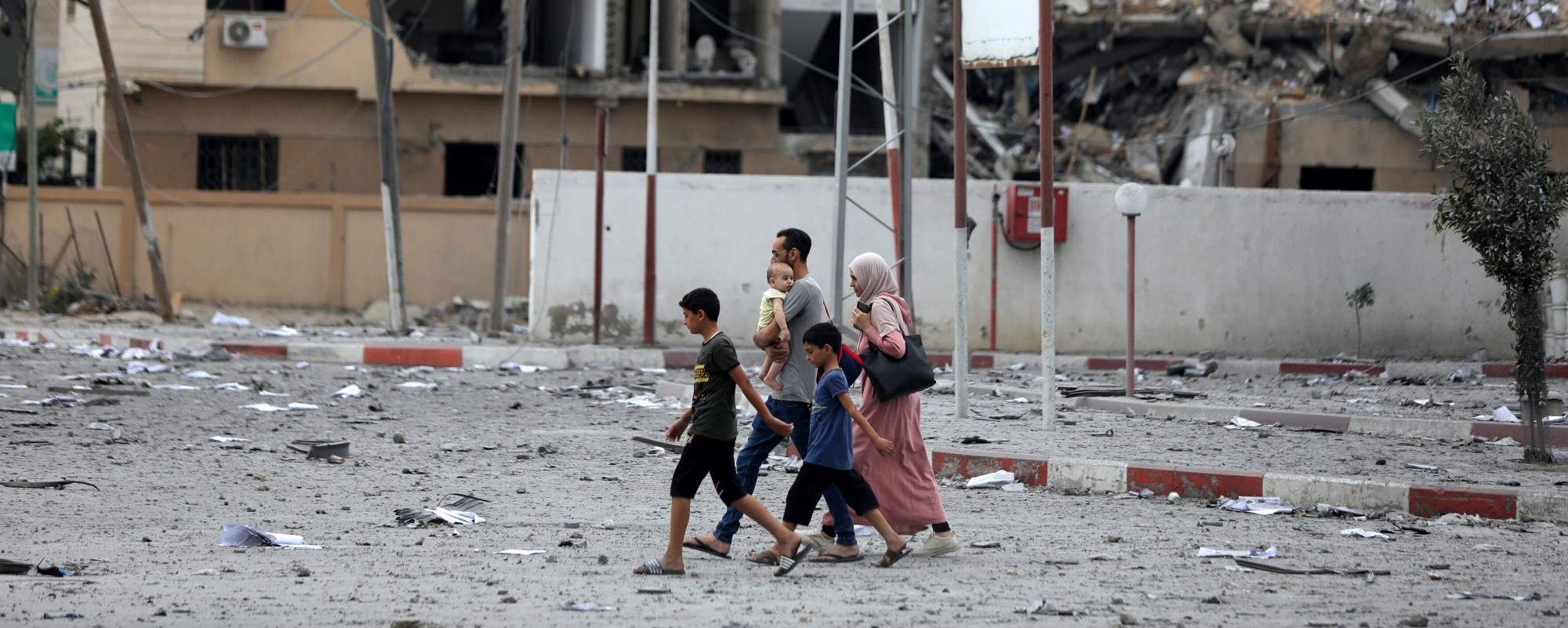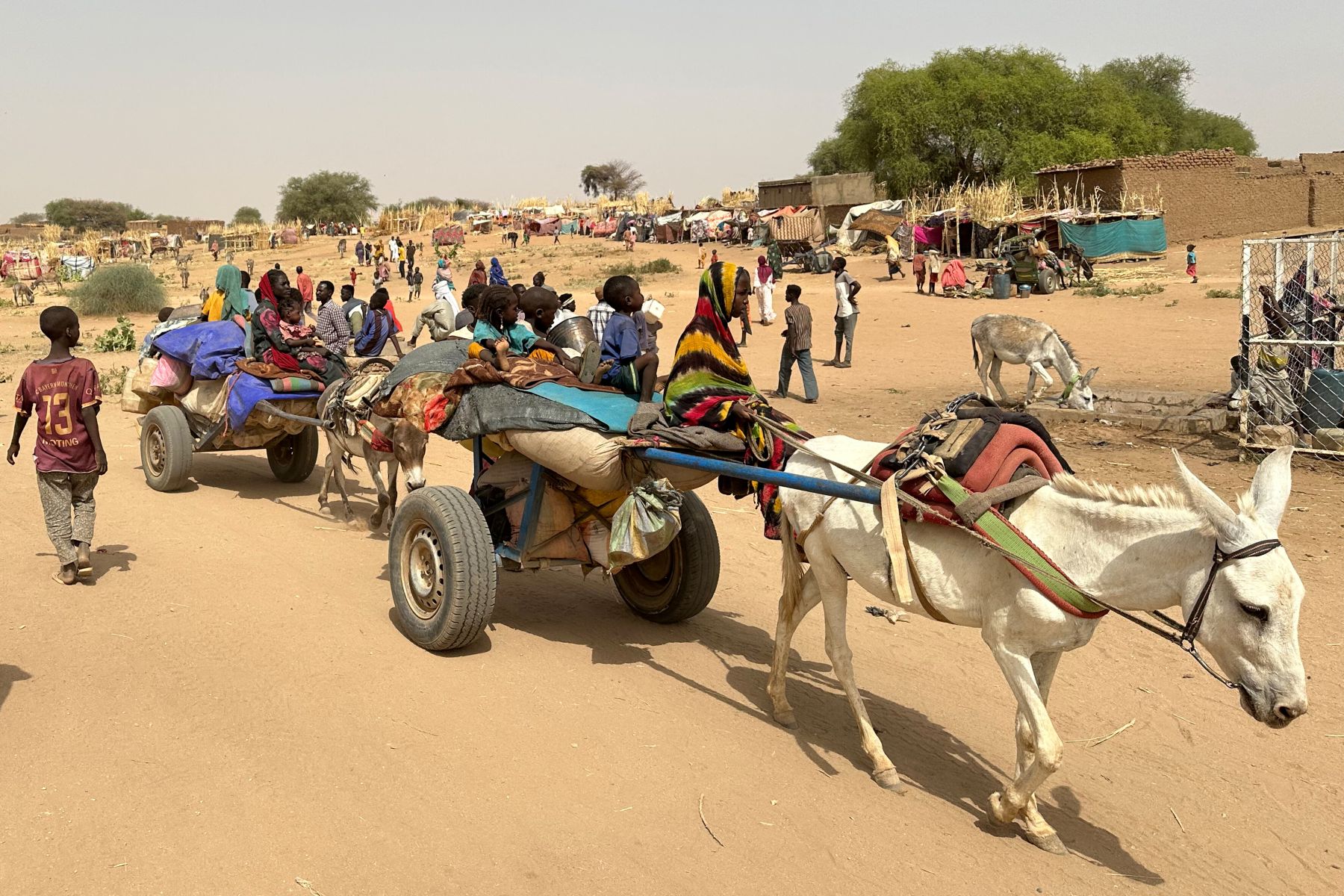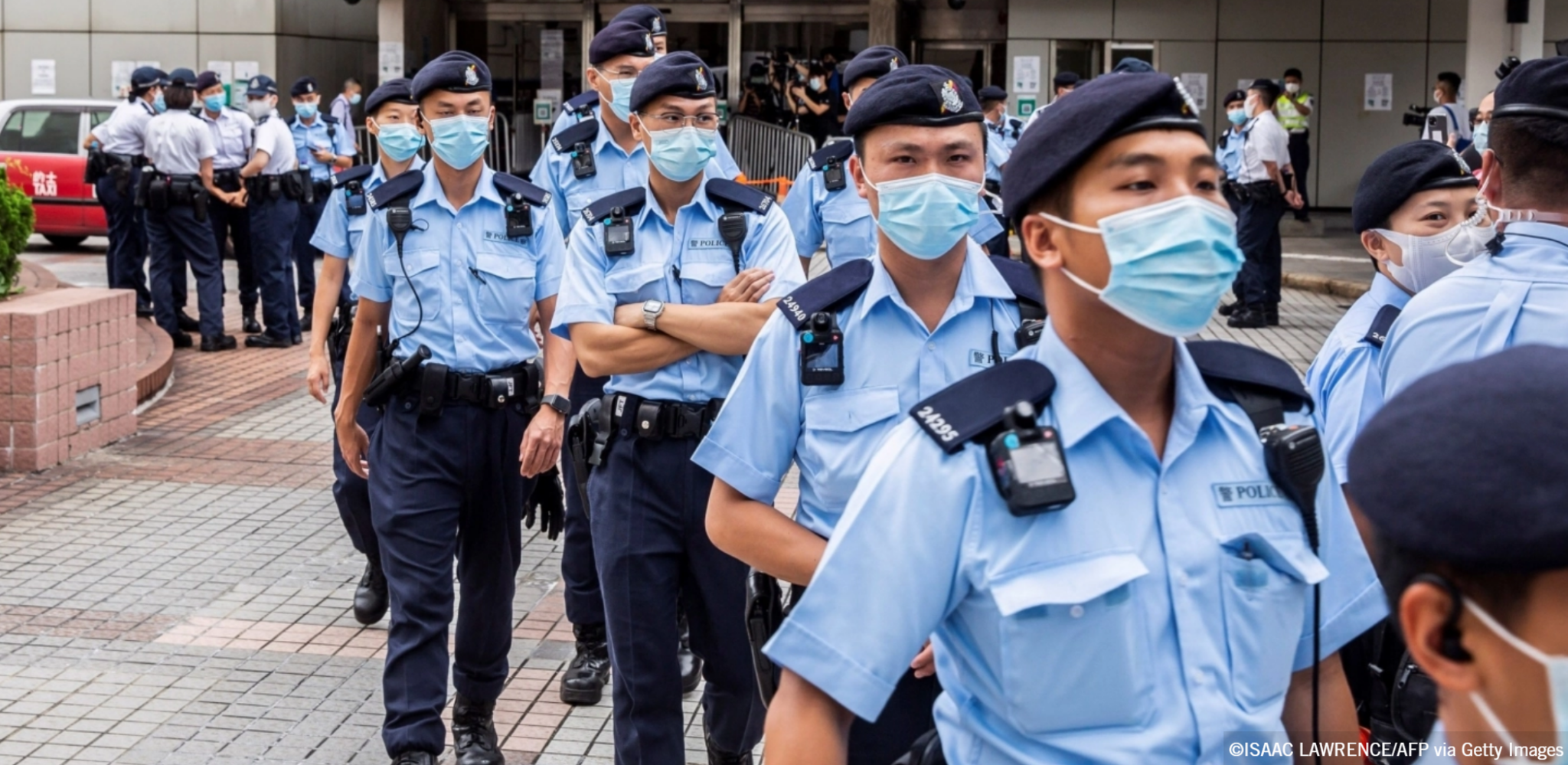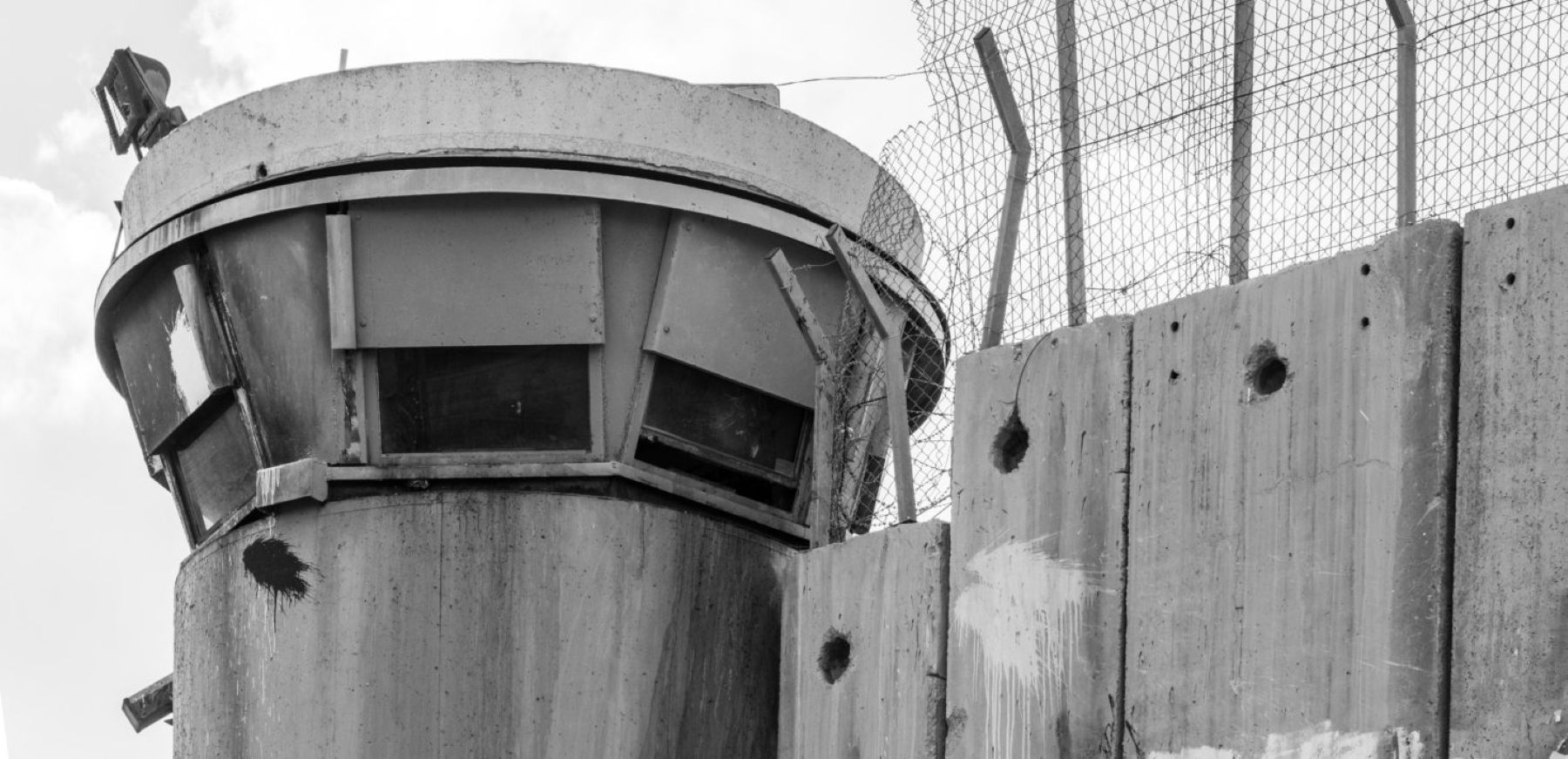By Maria Serrano, Campaigner on Refugee and Migrants Rights
Would you go to Afghanistan tomorrow? If you follow the news at all, the answer is probably no. Maybe you read about the truck bomb that killed at least 150 people last May, or the gunmen who stormed the offices of the charity Save the Children in January, killing four people. Perhaps you wondered how anyone could ever feel safe in Kabul after an ambulance packed with explosives blew up in a crowded street. Over 100 people died and at least 235 were injured.
If you are in Europe, it’s likely that your government would also advise you against travelling to Afghanistan, citing the high threat of kidnapping, indiscriminate attacks and clashes between armed groups.
The UK Foreign and Commonwealth Office (FCO), for example, warns travellers the threat of “large-scale” attacks is always imminent and lists restaurants, shops and market places as especially risky places to go. Norway and Germany’s websites issue similar cautions: Afghanistan is in the middle of political turmoil, it is insecure, it is deadly. But these governments don’t consider everybody’s life to be equally worth protecting.
Deportations to Afghanistan are on the rise across Europe. Despite all the evidence about the situation on the ground, and despite what they say on their own websites, countries including Norway, Germany and the UK insist that Afghanistan is safe enough to return people to.
Taibeh Abbasi, 18, is well aware of the dangers of life in Afghanistan, the country her parents fled before she was born. On Monday, Taibeh, who has lived in the Norwegian city of Trondheim for the past five years, received the devastating news that Norwegian immigration authorities had rejected her request to review her case, upholding the decision to deport her and some members of her family.
In contrast to the cruelty and indifference of the Norwegian authorities, during the past few months Taibeh’s friends have rallied round her, organizing protests, writing to politicians and calling publicly on their government to protect their classmate by granting her the right to remain in Norway. Their urgent and impassioned pleas for compassion ultimately fell on deaf ears, and Taibeh could now be deported at any minute, leaving a deep hole in the community.
Afghanistan is no more safe for Taibeh than it would be for you – that’s not how indiscriminate attacks work. Nor is it more familiar – Taibeh was born in Iran and has never set foot in the country her parents fled. When they arrive in Kabul the family will be adrift, cut off from their friends and networks in Norway. In Kabul they have nowhere to live and no way to make a living. Taibeh is more used to speaking Norwegian than Farsi. She will need to buy new clothes, and learn the intricacies of etiquette and culture in a place where the rights of women are still severely restricted.
In Norway, Taibeh is a straight-A student who has worked hard to get the grades she needs to study medicine at university. Her teachers have no doubt that if she stayed in Norway she could achieve her dream of becoming a doctor. But Taibeh will be pulled out of school just weeks before her final exams, and all her work will go to waste. In Afghanistan there are huge barriers to girls’ education – about two-thirds of Afghan girls do not go to school, and those who do are in constant fear for their physical safety.
There are many people in Taibeh’s terrifying situation, in Norway and across Europe. Research by Amnesty International shows that between 2015 and 2016, the number of Afghans deported by European countries nearly tripled, from 3,290 to 9,460. Germany, Greece, Sweden and the UK are among the countries who are sending Afghans back to danger, despite warning against travel there.
This deadly double standard reveals the contempt in which European leaders hold refugee and migrant lives. It shows how people like Taibeh have become political pawns, used to win back ground from resurgent anti-immigration parties. Norway’s Immigration Minister Sylvi Listhaug admitted that she would not go to Afghanistan herself, but insisted it’s different for Afghans. It is hard not to detect undertones of racism in comments like these. Bombs are terrifying for everyone. If Afghanistan is not safe for Brits or Swedes or government ministers, then it is not safe for teenagers who’ve never lived there, or for people who fled targeted persecution.
If Norwegian authorities carry out the deportation, the next part of Taibeh’s story will follow a depressing trajectory familiar to Afghans deported from across Europe. She will be removed from her home by the authorities, detained and then put on a plane to a war zone. The Norwegian authorities will not know what happens to Taibeh after she steps off the plane in Kabul. They will wash their hands of Taibeh’s and her family fate. They will not monitor if their assessment that Afghanistan is “safe” was correct. They will not check to see if their decision was justified, or if they should revisit their policy for future Taibehs. This is the shameful reality of European governments’ myopic, panicked policy of returning Afghans. It comes at the cost of people’s lives; and this week, it may well have cost Norway a brilliant young doctor.










